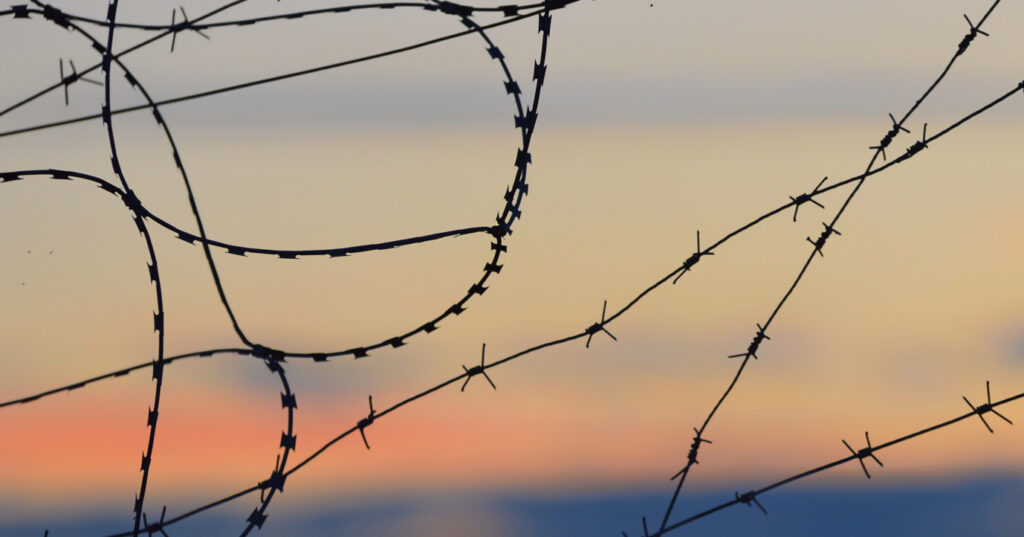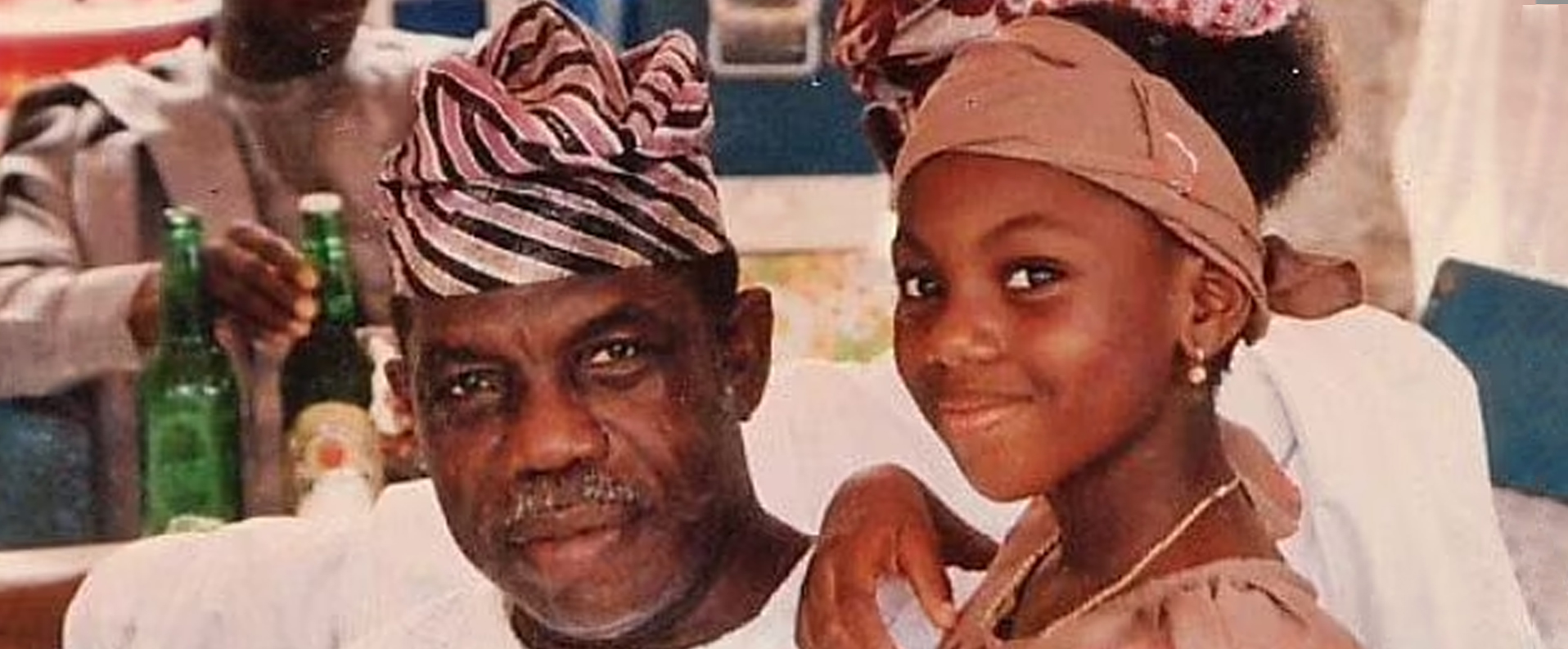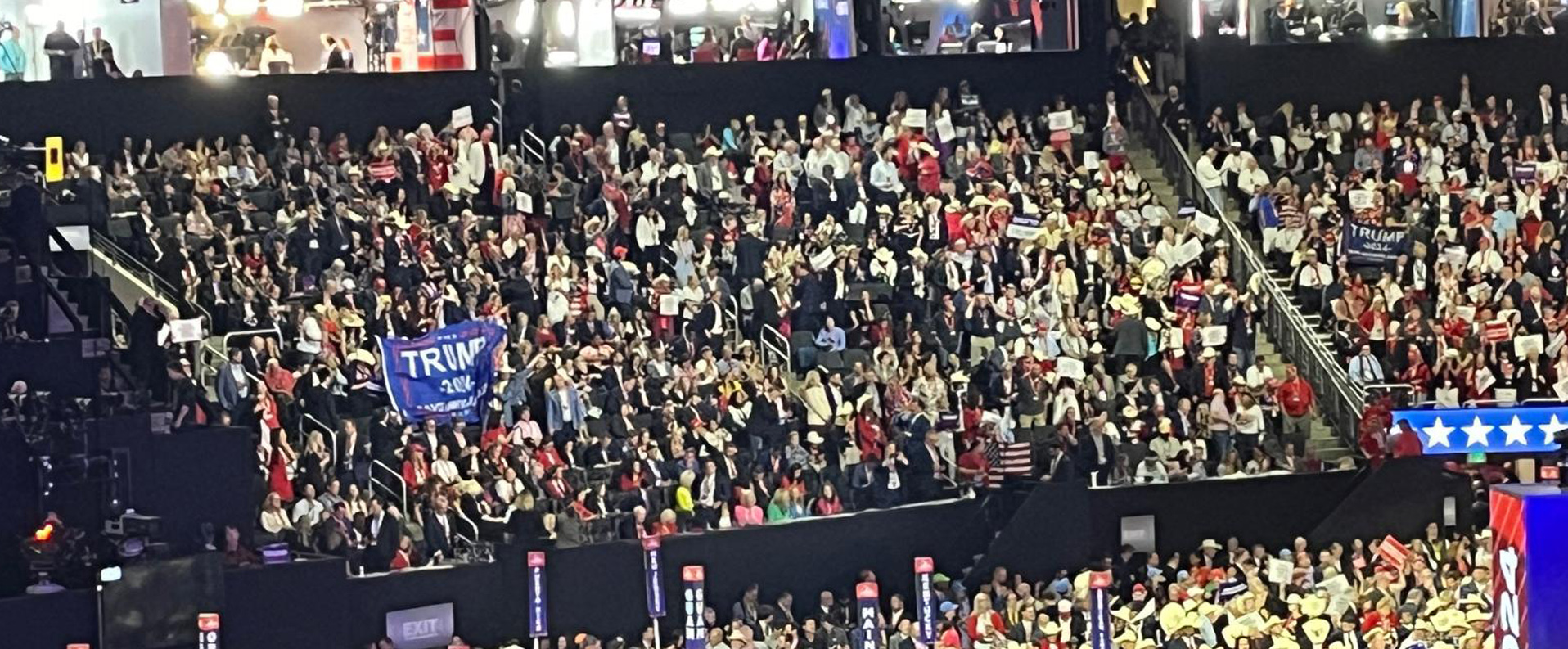
Published on ConservativeHome.com on 02 October 2018.
Towards the end of a fringe meeting yesterday, I half expected to hear a band strike up Rule Britannia.
It was an ungodly hour – before 9am on a Monday – and Gavin Williamson had spent 45 minutes or so choosing his words very carefully. At a ConservativeHome event to mark the publication of my new book on the state of the UK’s armed forces, White Flag?, he spied traps everywhere, skilfully sidestepping a series of awkward questions with classic Cabinet Minister-style platitudes.
Did cuts to the armed forces in 2010 go too far? He wasn’t going to admit that! Were government officials twitchy about his decision to send warships to the South China Sea? Best not risk upsetting civil servants by saying anything about that. Wasn’t the Treasury really lily-livered, privately warning him not to risk annoying the Chinese? Williamson wasn’t going there. No way was he risking a headline suggesting he was having a pop at Philip Hammond.
Asked about the UK’s place in the world however, and there was no stopping him. Suddenly, he stopped editing himself and launched into an impassioned speech about how the armed forces can help make the world a better place. I could almost hear the strains of Land of Hope and Glory.
This was a brave and unusual intervention from a cabinet minister. These days, it is very unfashionable for politicians to express any enthusiasm for discretionary military action. Most believe that Iraq, Afghanistan, and Libya have discredited Tony Blair’s famous concept of using the military as a force for good. But this is a Defence Secretary who truly believes that the UK should consider getting stuck in to other people’s wars if there is a chance that intervention can save or improve the lives of others without disproportionate cost.
For all the grief he has had over telling the Russians to “shut up and go away” and other PR gaffes, nobody who heard his unapologetically patriotic call to arms yesterday could be in any doubt that he loves his job, and is determined that the armed forces should do more, not less. As I explain in White Flag?, he believes the UK has for too long, given the impression of a nation in retreat. He wants to change all that.
During yesterday’s fringe meeting, Williamson talked of his concern that the UK has suffered a loss of national self confidence – an observation borne out by the extensive polling I conducted for White Flag?
As part of my research for the book, I commissioned interviews with several thousand people in ten countries, as well as the UK, to explore perceptions of our place in the world. Encouragingly, Britain was generally seen by foreigners as the fifth most powerful and influential country in the world, after the US, China, Russia and Germany. This roughly tallies with the size of our economy (much bigger than Russia’s!) and the strength of our armed forces.
Intriguingly, however, the British people were more likely than those in any other country to say they thought the UK’s power and influence were decreasing. They were by far the most likely of any nationality to say this of their own country. At yesterday’s fringe, Williamson agreed that this is worrying, and suggested that we need to get our mojo back.
His earlier reticence during his interview with my co-author Isabel Oakeshott was uncharacteristic. During several background discussions with him for the book, I found the Defence Secretary refreshingly frank about the scale of the challenges facing the Ministry of Defence and the armed forces themselves.
A battering from his critics during the run-up to the summer recess seems to have left him somewhat bruised. A long-running battle with the Treasury to secure more money for the armed forces is far from won, and he is fully focused on achieving that objective, and wary of rocking the boat. He told us yesterday that he gets quite enough grief about the armed forces from his brother, who was in the RAF, and brother-in-law, who is in the Navy, as it is. (He joked that Nick Carter, the Chief of the Defence Staff, is trying to arrange for someone in the Army to marry into his family, so that all three services have his ear.)
It is now less than a month until the pre-Budget statement, when the Chancellor will decide whether to give the armed forces more cash. Williamson does not have long to wait to find out whether his new diplomacy has paid off.
Read this article on ConservativeHome.com



